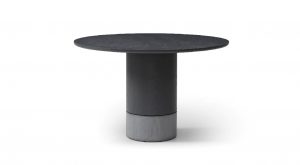Featured Post
The Ultimate Furniture Care and Cleaning Guide
Overview
Furniture is an integral part of every home, and maintaining its quality extends its life and enhances your living space's aesthetics. This guide will provide practical tips on furniture care and cleaning, helping you keep your pieces looking their best.
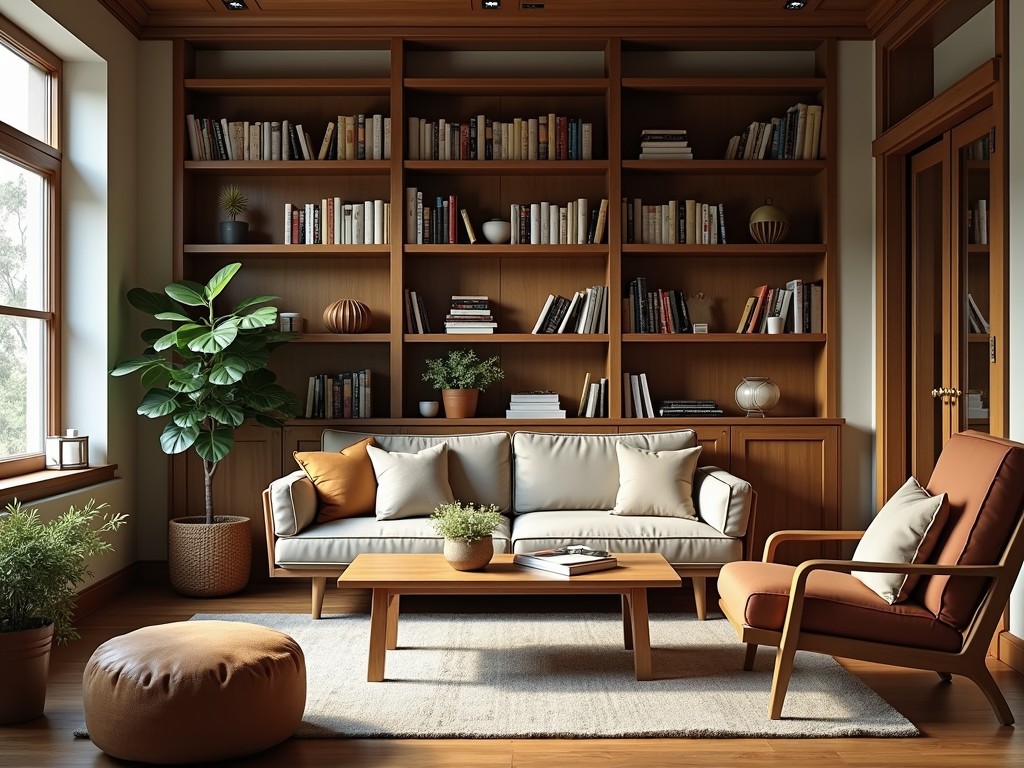
The Importance of Regular Cleaning
Keeping your furniture clean is not just about aesthetics; it impacts the longevity of the pieces and the health of your environment. Dusting regularly, at least once a week, reduces allergens and prolongs the life of surfaces that can degrade over time if neglected.
Essential Tools
- Microfiber cloths: Perfect for dusting and cleaning most surfaces.
- Soft bristle brushes: Ideal for reaching crevices in detailed woodwork.
- Vacuum with attachments: Cleans upholstered items and gets into tight spaces.
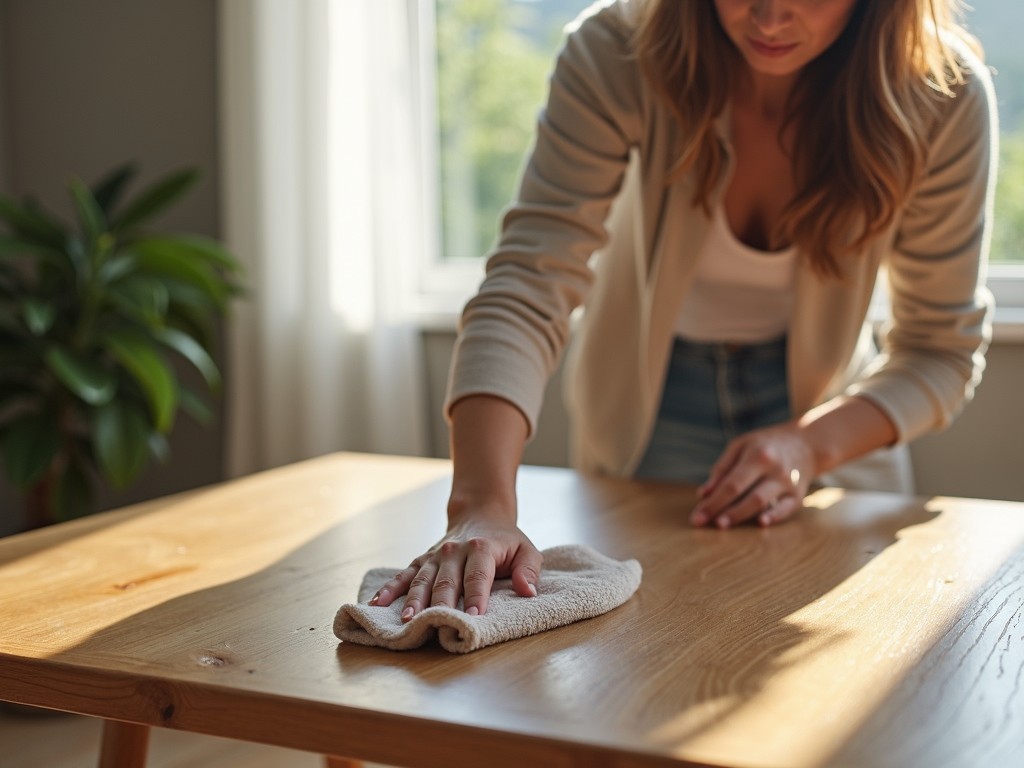
Dealing with Stains and Spills
Accidents happen, and when they do, the prompt action can save your furniture from lasting damage. For quick action on spills:
- Act Fast: Blot, don't rub, to absorb liquid.
- Use Mild Cleaners: Avoid harsh chemicals, especially on delicate fabrics or finishes.
- Test in Hidden Areas: Always do a spot test with any cleaning agent.
Removing Common Stains
- Water Rings on wood can often be gently buffed with toothpaste or a mix of baking soda and water.
- Oil Stains require placing a paper towel over the area and ironing it on a low heat setting.
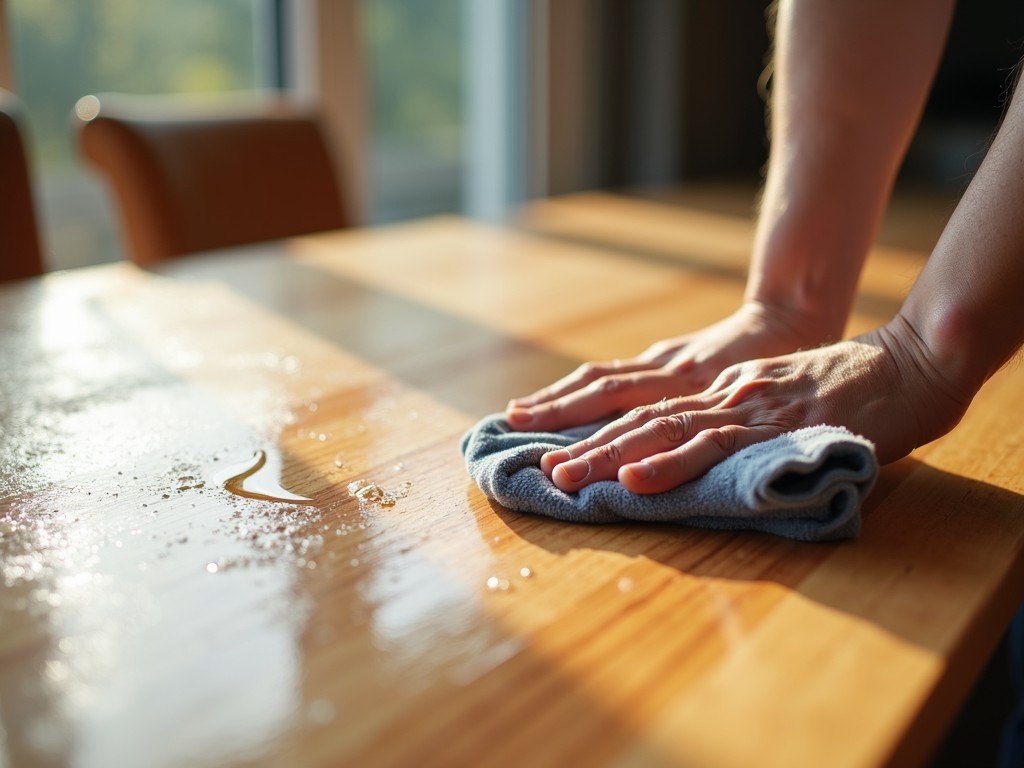
Cleaning Different Types of Furniture
Each material requires specific care to maintain its appearance and durability.
Wood Furniture
- Avoid Moisture: Use coasters and placemats.
- Polish Occasionally: Use appropriate wood polish to enhance its shine and protect the surface.
Upholstered Furniture
- Vacuum Regularly: To remove dust and prevent dirt from settling.
- Spot Clean: Use fabric-specific cleaners for spot removal.
Metal Furniture
- Prevent Rust: Keep dry and use a rust inhibitor spray.
- Clean with Mild Soap: Avoid overly acidic or alkaline cleaners.
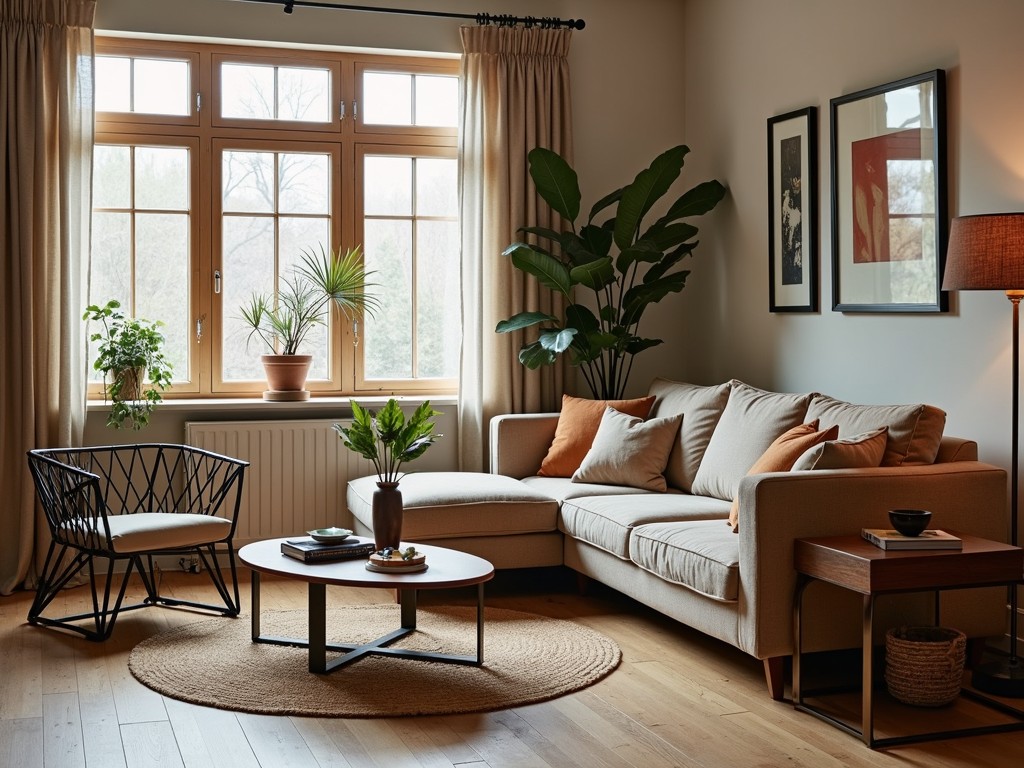
Tips for Long-Term Care
- Rotation is Key: Rotate cushions to promote even wear.
- Temperature Control: Avoid placing furniture near radiators or vents to prevent warping or fading.
- Direct Sunlight: Limit exposure to reduce fading and cracking.
Personalized Maintenance Schedules
Depending on the usage, personalizing your cleaning routine can optimize results without excessive effort. For example:
- Daily Use Items: Require weekly attention.
- Occasional Use: Monthly inspection and cleaning.
DIY Solutions for Eco-Friendly Cleaning
You don't always need professional cleaners. Here are some simple, eco-friendly solutions you can make at home:
- Vinegar and Olive Oil: Perfect for polishing wood.
- Baking Soda and Water: Effective for stain removal.

Conclusion
Furniture care and cleaning seem daunting, but with the right techniques and regular maintenance, it becomes manageable. By incorporating these strategies, you'll protect your investment and enjoy a comfortable, beautiful home for years to come.








